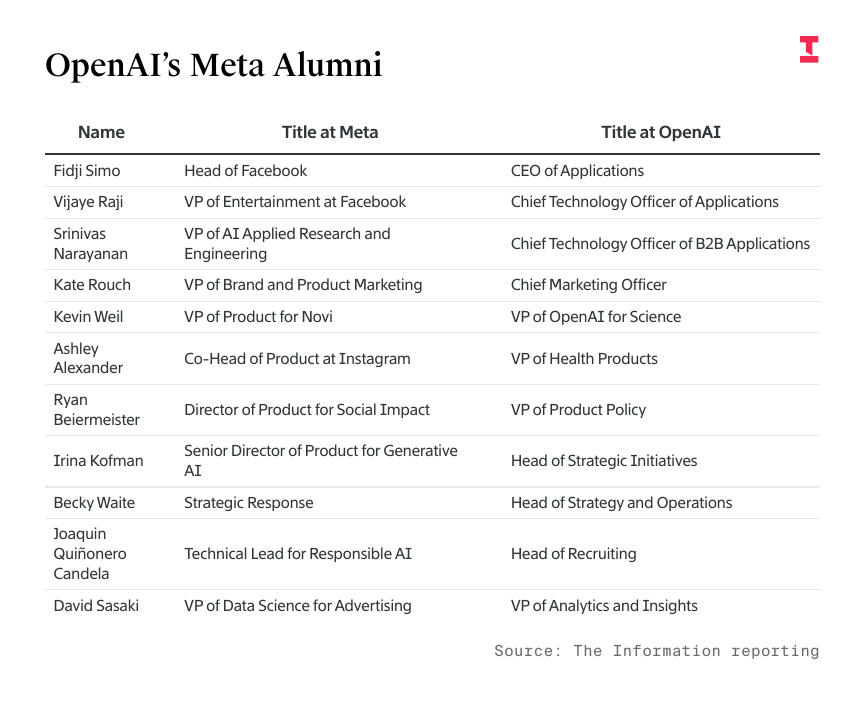new OpenAI Codex demo: solving complex problems with multiple iterations, result checking, and thorough comments
programming will be disrupted just as much as image creation!
programming will be disrupted just as much as image creation!
many other great demos floating around, voice control will be huge for programming very soon too
video source: (thanks @dmvaldman!)
video source: (thanks @dmvaldman!)
• • •
Missing some Tweet in this thread? You can try to
force a refresh








